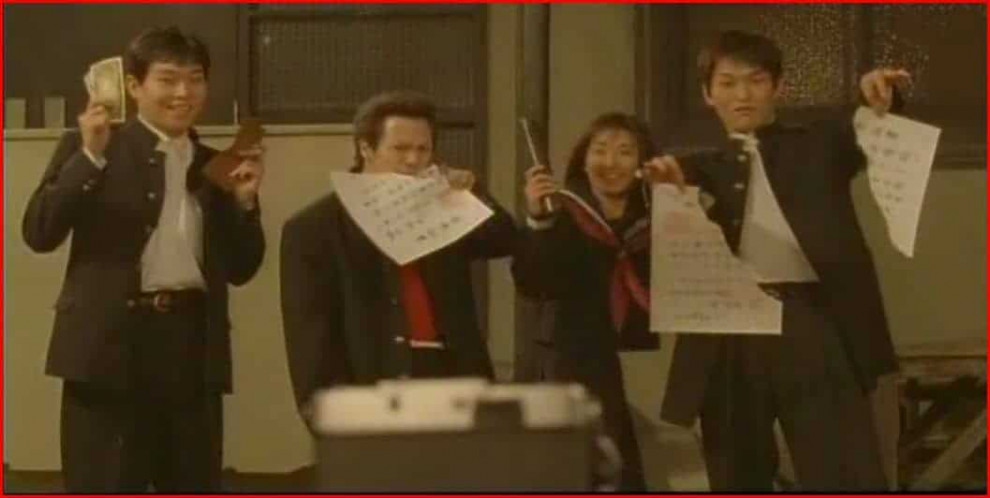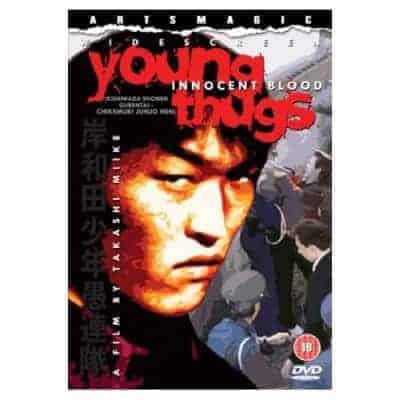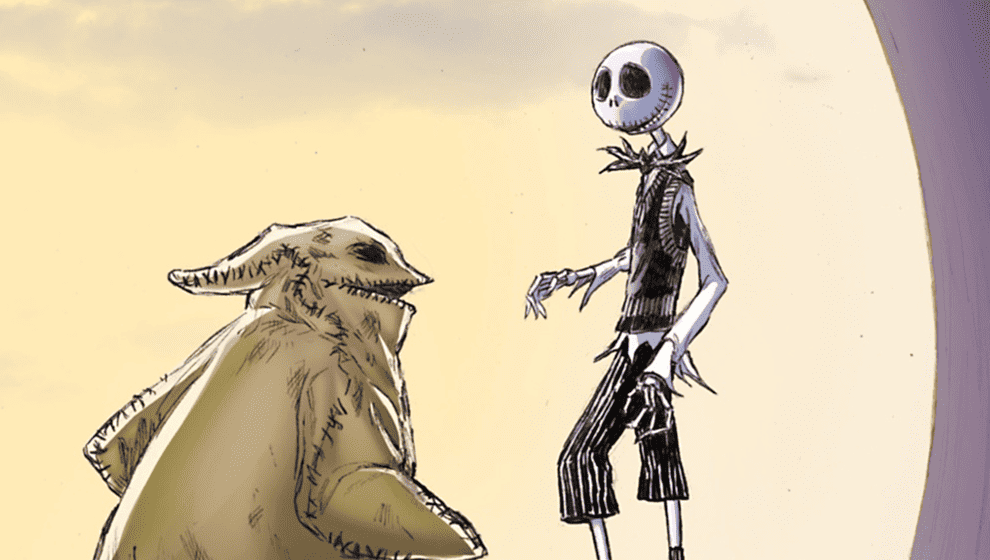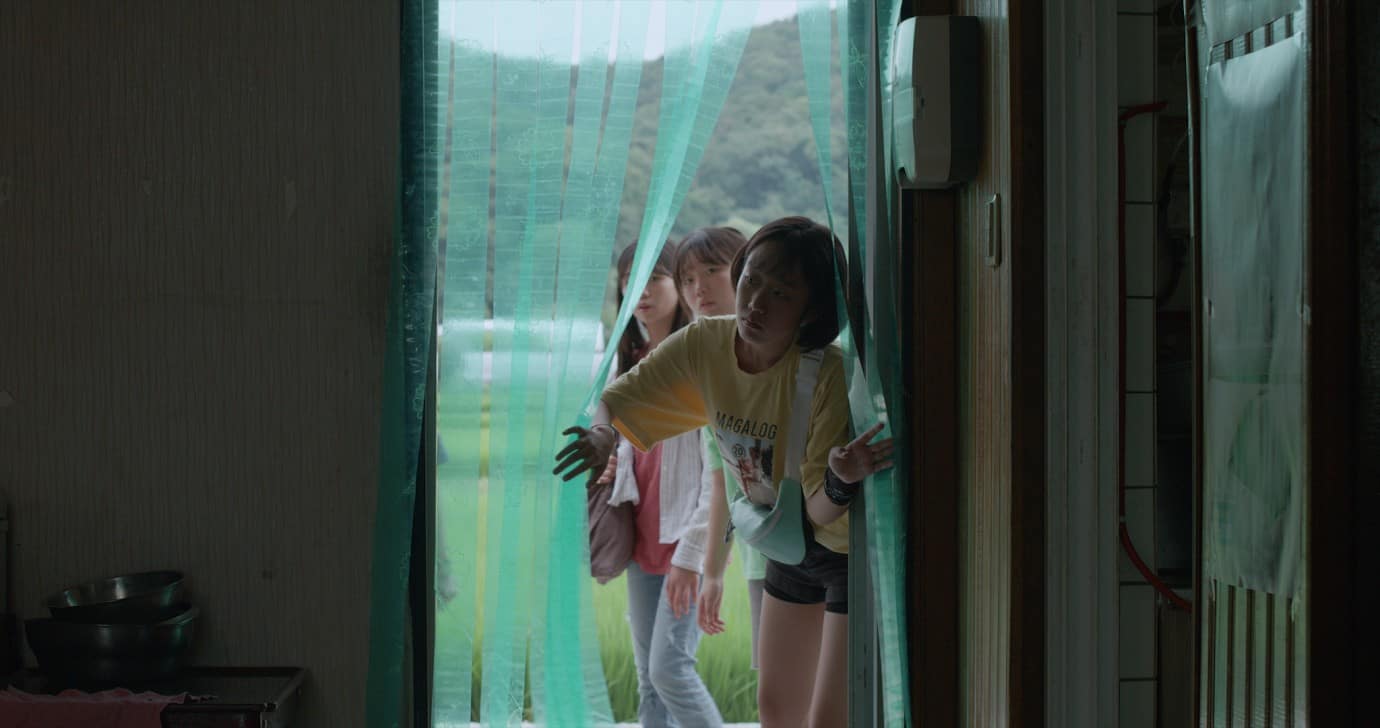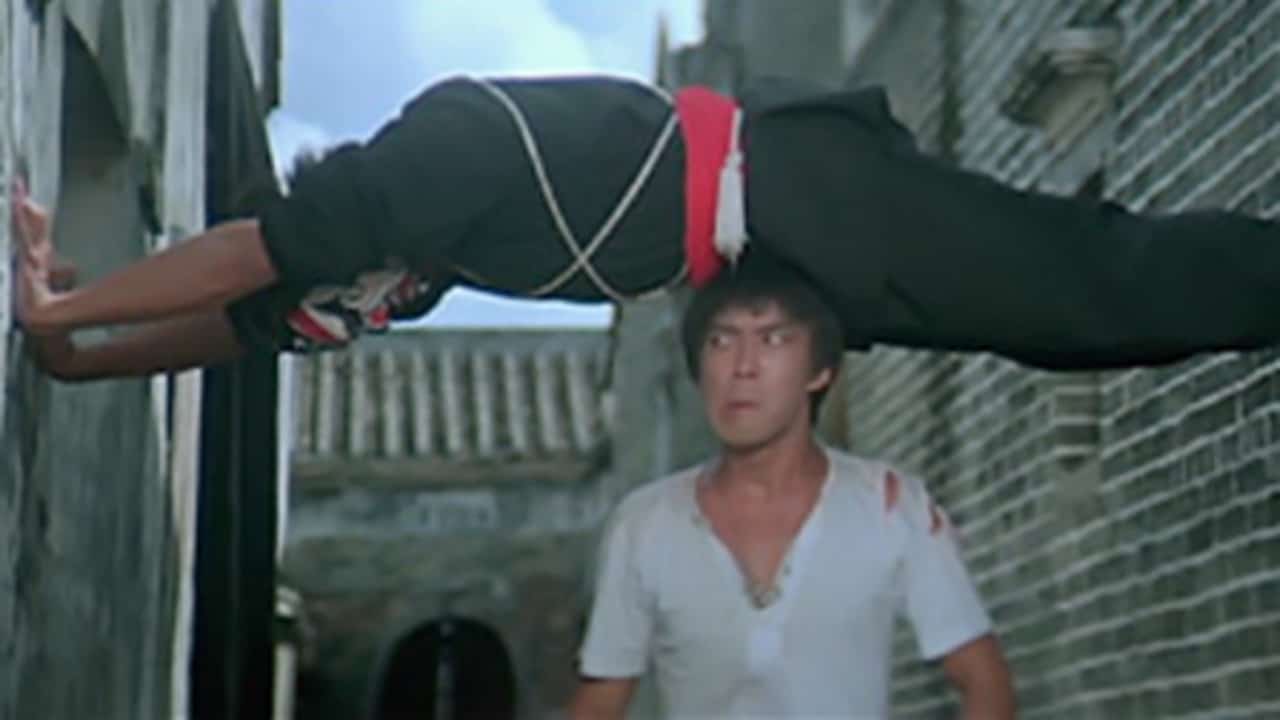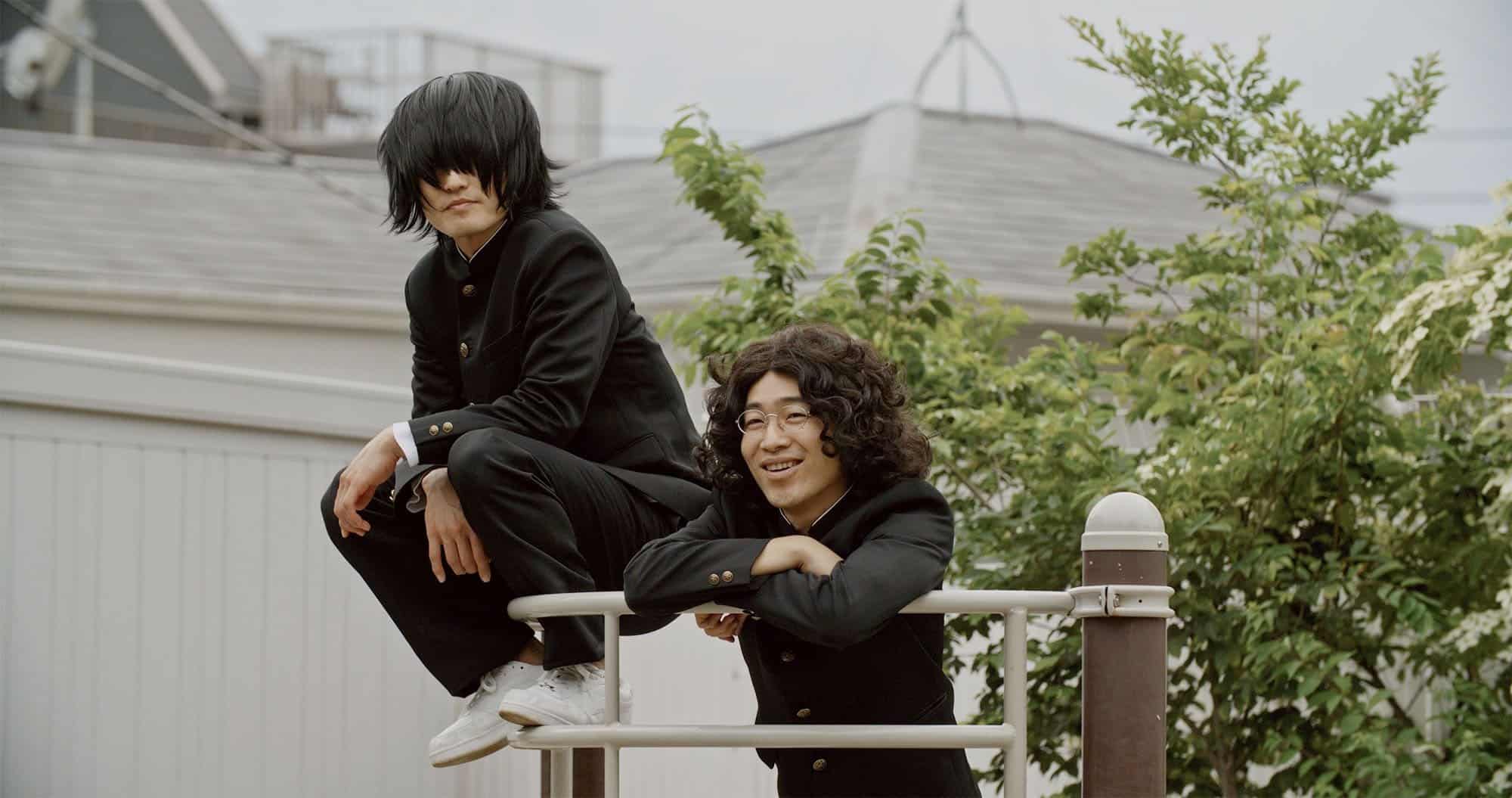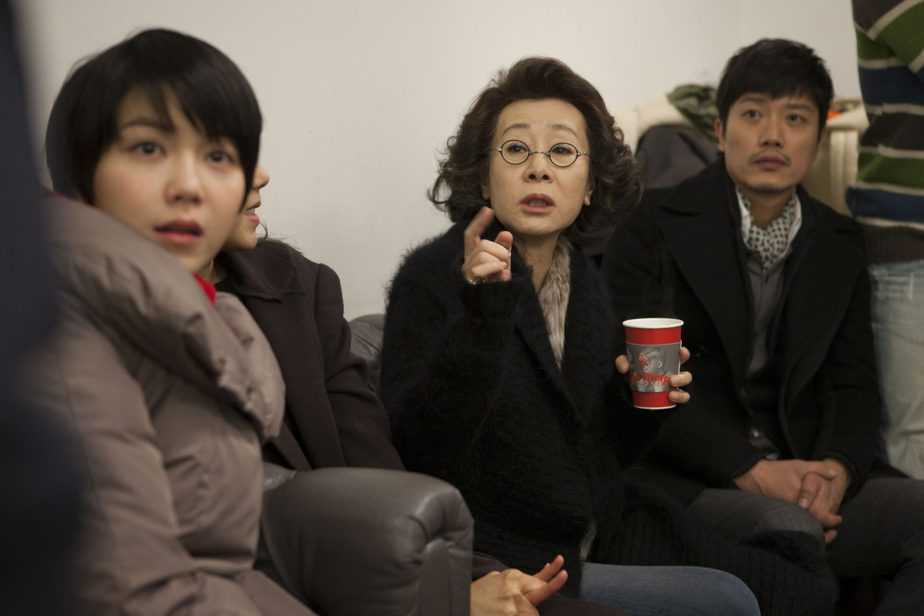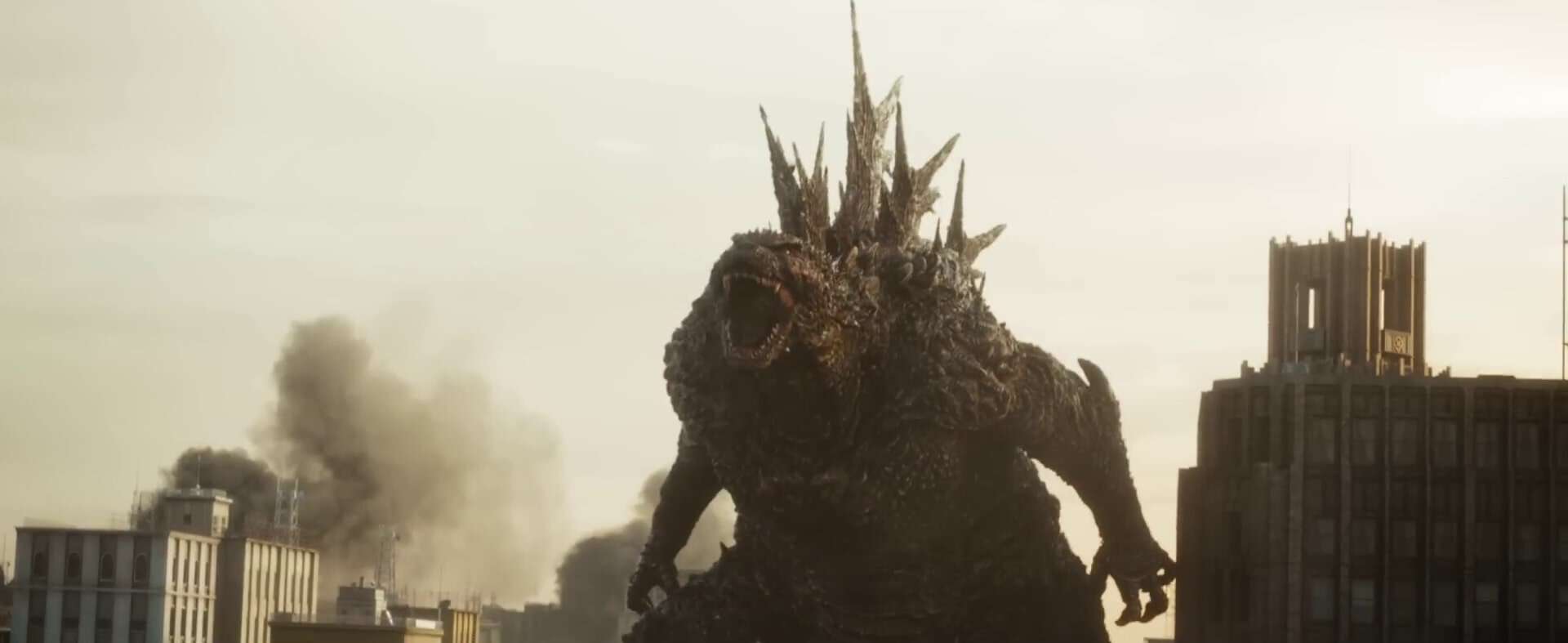In their hometown of Osaka, a group of teenagers celebrates their graduation from school and their road into adulthood. Led by loudmouth Riichi (Koji Chihara), the three boys try to make ends meet collecting debts from local businesses, offering their services as bodyguards and eventually attempting to take on more solid jobs when, for example, Kotetsu (Kyosuke Yabe) gets a job as a bartender.
However, especially Riichi struggles with the reality after school. While his girlfriend manages Ryoko (Sarina Suzuki) to get a job at a local hair salon, his attempts at a regular job fail. When he cheats on her with a childhood friend of his, he becomes estranged from Ryoko as well as the other friends. Eventually, the separation and the fact he is beaten up several times by his former enemies, result in Riichi being severely depressed and lacking the necessary drive to move on in life.
Buy This Title
As Tom Mes points out in his book “Agitator: The Cinema of Takashi Miike”, “Young Thugs: Innocent Blood” hold a particular place within the director's body of work. Even though he personally disapproves of the idea of making a sequel, “Innocent Blood” is a successor to “Boys Be Ambitious” by Kazuyuki Izutsu, which was released one year prior. As with its predecessor, Miike's film is based on the highly autobiographical novels by writer Riichi Nakaba, who even has a small but important cameo as a kind of role model to the boys in the film. In his 1998 film “Young Thugs: Nostalgia”, Miike would return to this material showing the childhood of Riichi Nakaba in Osaka in the 1960s.
Since Miike himself comes from Osaka, there must have been a certain appeal which drew him towards the source material. Similar to the portrayal of the city later on in “Nostalgia”, the city proves a mirror image to the clash between the character's aspirations and dreams as well as the reality they are confronted with. Cinematographer Hideo Yamamoto, captures the two sides of the setting, showing the dark corners, the corrosion and increasing signs of decay while also adapting a distinct sense of transfiguration, typical when looking back at cherished memories. At the same time, the setting's confinements become apparent to the characters and to the viewer, especially since the only attempt to (temporarily) escape the place result in a rather gruesome “punishment” for one of the friends.

Within Miike's body of the work, the transition into adulthood plays an important part. Nowhere is this theme more apparent than in the “Young Thugs”-films with the chasm between expectation and reality as well as the choices you have to make during this process presented in these films. The character of Riichi, as played by actor Kohi Shihara (“Pornostar”, “9 Souls”), fits right into the idea of the “thug” as indicated by the title, but his pranks and use of violence are nowhere near as sinister or dark in comparison to other protagonists in Miike's films. Since there is no real motive for these actions, other than his (and his friends') amusement and money perhaps, he also lacks the kind of youth rebellion which you might find in other characters in similar movies. Essentially, he is just as “innocent” as a child, which you might see in the way he reacts to, for example, Ryoko's obvious disappointment in him. The break-up scene between Shihara's and Suzuki's character is probably one of the best scenes in the film because of its understated approach in terms of acting and visuals highlighting the lack of drive which has begun to take over Riichi.
Overall, the ensemble cast featured in “Innocent Blood” does a wonderful job when it comes to presenting the unique dynamics in a circle of friends, as well as their eventual disaffection. Even though Riichi's character is at the center of the film, Miike spends a lot of time following the various paths of the other character showing their choices and disappointments. As a repeated metaphor within the film, they try to throw away a collection of photos of them at school, a futile attempt it seems for the emotional connection to that memory, to the version of yourself you see in the picture, is still quite strong.

“Young Thugs: Innocent Blood” is a story about growing into adulthood and the role of memories in the choices of our lives. Supported by a great cast and solid cinematography, this film offers a different look at Takashi Miike, a worthwhile diversion from the more extreme cinema he has become famous for in the course of his career.


